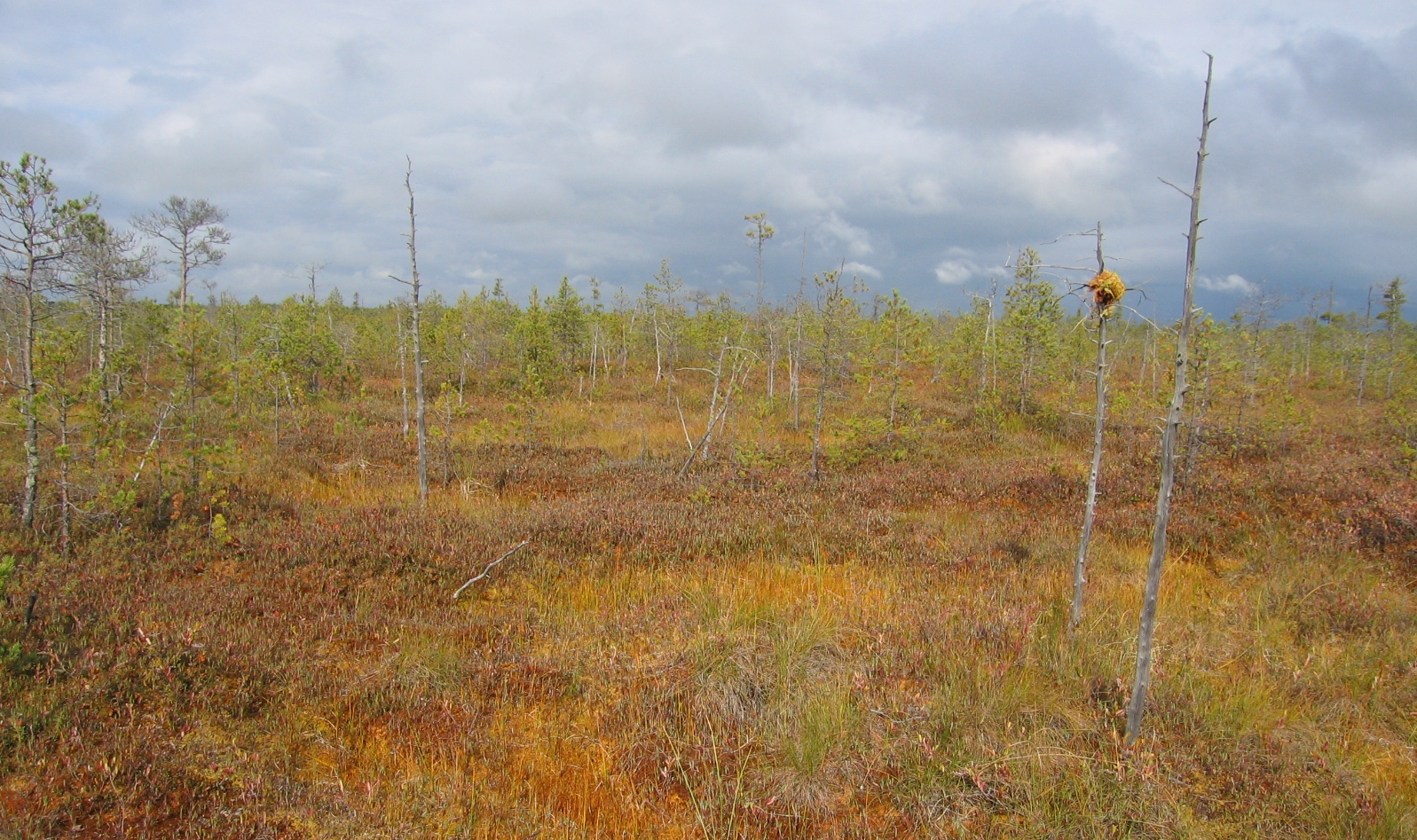The ecosystems belonging to the northern hemisphere’s boreal vegetation zone between 50 and 70° northern latitude are dominated by forests, lakes and peatlands. The boreal zone’s vegetation is mainly home to extensive forest areas. The area covered by peatlands is significantly less important and yet they have an important protective function for the boreal zone’s entire ecosystem and the global climate. Intact peatlands are an important carbon sink and thus have a decisive influence on climate development. Furthermore, unspoiled peatlands store large amounts of water. They serve as natural firebreaks between individual sections of forest. The study provides new insights into the effects of global warning on forests and peatlands in the boreal zone and the way these interact as a result of changed environmental conditions.
Prof. Martin Wilmking from the University of Greifswald and the Greifswald Mire Centre explains: ‘This is the first time that is has been possible to take such an extensive glance at the dynamism of the water cycle. 59 researchers from Canada, Russia, USA, Germany and Scandinavia have contributed to this study, enabling a deeper understanding of the ecosystem processes in the boreal zone. We now know that in the warming climate forests and peatlands have very different ways of regulating water loss to the atmosphere. It has become clear how these differences accelerate the speed of global warming.’
As a result of climate change, temperatures are rising and the air is getting warmer. Warmer air can absorb more water. Coniferous trees – the main kind of trees in the boreal zone – protect themselves from drying out by reducing the amount of water they give off to the atmosphere through the pores in their leaves. As a result of the reduced mass transfer, coniferous trees then grow slower. This in turn means that the trees store less carbon. Peatland vegetation reacts very differently. The plants have less mechanisms for protecting themselves from drying out and thus continue to give off water to their surroundings. The plants continue to grow, but they withdraw more and more water from the peatlands, which therefore increasingly dry out. Dry peatlands emit more carbon to the atmosphere, intensifying global warming. At the same time, increasingly dry peatland areas raise the risk of forest fires as drier peatlands lead to larger and more intensive forest fires. Such forest fires release large amounts of carbon into the atmosphere, which further accelerates global warming.
‘Current global climate models assume the boreal vegetation zone is all forest. Peatlands are not considered in current projections. This can have an immense impact on the results. We need to account for the specific behaviour of peatlands if we want to understand the boreal climate, precipitation, water availability, and the whole carbon cycle,’ says Manuel Helbig from the McMaster University in Canada and lead author of the study. His Canadian colleague, Prof. James Michael Waddingtion, adds: ‘It's crucial to consider the accelerated water loss of peatlands in a warming climate as we project what will happen to the boreal landscape in the next 100 to 200 years.’
Further information
Helbig M., Waddington J.M., Alekseychik P. et al. (2020): Increasing contribution of peatlands to boreal evapotranspiration in a warming climate, in: Nature Climate Change. https://doi.org/10.1038/s41558-020-0763-7
Research Group Landscape Ecology and Ecosystem Dynamics at the University of Greifswald
Greifswald Mire Centre
The photo can be downloaded and used for free for editorial purposes in combination with this press release. The author of the image must be named. Download
Contact at the University of Greifswald
Prof. Martin Wilmking, Ph.D.
Soldmannstraße 15, 17489 Greifswald
Tel.: +49 3834 420 4095
Fax: +49 3834 420 4096
wilmkinguni-greifswaldde
twitter: @Leed_Greifswald

